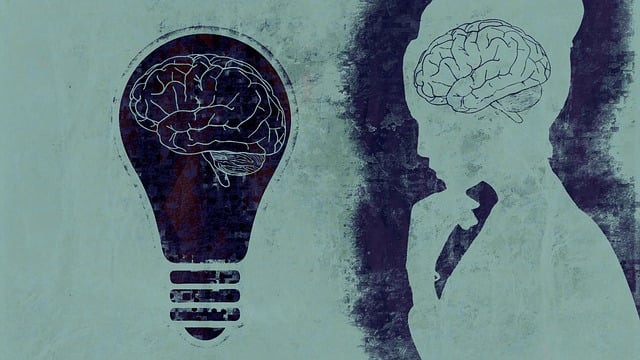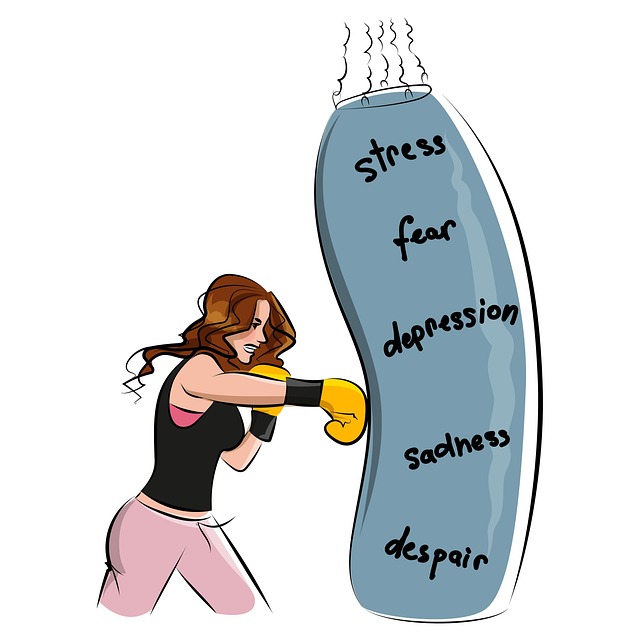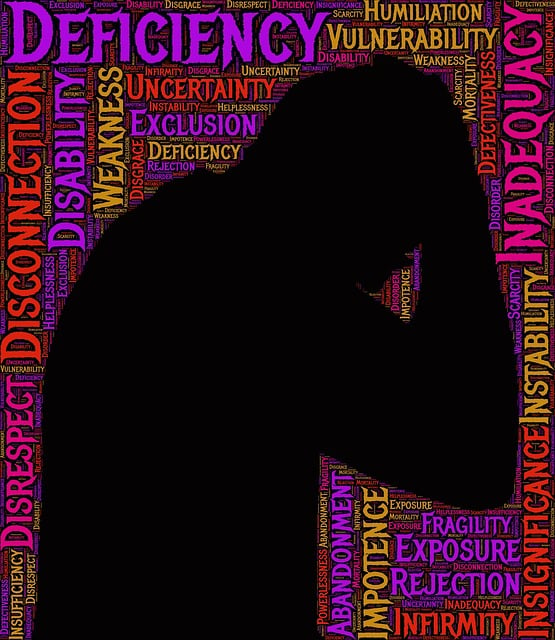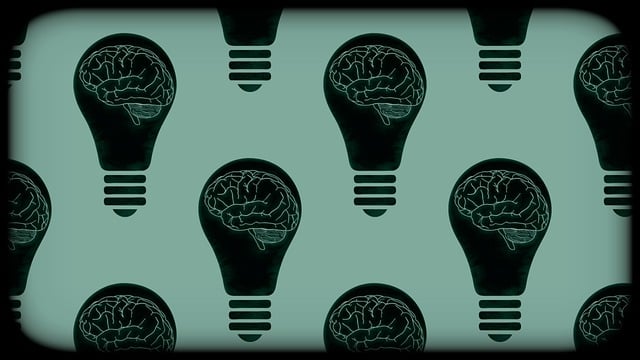In Denver, the stigma surrounding mental illness severely limits access to support for individuals with developmental disabilities. To combat this, educational programs and awareness campaigns are essential, addressing societal misconceptions and promoting empathy. Tailored therapy services, including mindfulness practices and stress reduction methods, create inclusive spaces for mental wellness. Denver Developmental Disability Therapy employs multi-faceted evaluation techniques to measure the success of these initiatives, ensuring evidence-based strategies that reduce stigma and improve access to effective care.
In today’s digital era, mental illness stigma reduction is a paramount concern within the Denver developmental disability therapy community. This article delves into the multifaceted issue, exploring strategies for effective stigma elimination. We examine the understanding of the stigma surrounding mental health and its impact on individuals seeking therapy in Denver. Additionally, we measure success through evaluating the impact of these efforts, providing insights into fostering an inclusive environment for those with developmental disabilities.
- Understanding the Stigma Surrounding Mental Illness
- Strategies for Effective Stigma Reduction in Denver's Developmental Disability Therapy Community
- Measuring Success: Evaluating the Impact of Stigma Reduction Efforts
Understanding the Stigma Surrounding Mental Illness

The stigma surrounding mental illness is a pervasive issue that often prevents individuals from seeking help and support. Many people in Denver with developmental disabilities or other mental health concerns face unique challenges due to societal misconceptions and fear of judgment. This stigma can manifest as discrimination, isolation, and even shame, creating significant barriers to accessing the care they need. Understanding where these perceptions come from is a crucial first step in reducing the stigma.
Educational programs focused on mental health awareness, along with effective communication strategies, can play a pivotal role in fostering empathy and breaking down these barriers. By integrating mindfulness meditation practices into therapeutic settings and community outreach, Denver Developmental Disability Therapy services can promote a culture of understanding and support. Through tailored programs designed to address the specific needs and challenges faced by individuals with mental health issues, it’s possible to create an inclusive environment where everyone feels comfortable seeking assistance without fear of stigma or discrimination.
Strategies for Effective Stigma Reduction in Denver's Developmental Disability Therapy Community

In the vibrant landscape of Denver’s Developmental Disability Therapy community, stigma reduction efforts are vital to fostering an inclusive and supportive environment for individuals seeking mental wellness services. One effective strategy involves educational initiatives that dispel misconceptions about developmental disabilities and mental health conditions. By hosting workshops, seminars, and community events, therapists can engage both patients and the wider public in open dialogues, emphasizing the shared human experience and the importance of empathy and understanding.
Additionally, integrating practices like Mental Wellness Journaling Exercise Guidance into therapeutic routines can further enhance these efforts. Encouraging clients to reflect on their experiences and emotions through journaling promotes self-awareness and encourages the expression of feelings, thereby reducing internalized stigma. In tandem with these approaches, implementing Stress Reduction Methods tailored to the unique needs of individuals with developmental disabilities can contribute to a holistic stigma reduction strategy in Denver’s therapy community, ultimately enhancing the accessibility and effectiveness of mental health support.
Measuring Success: Evaluating the Impact of Stigma Reduction Efforts

Measuring the success of stigma reduction efforts is crucial to understanding their impact and identifying areas for improvement. Evaluating these initiatives requires a comprehensive approach that goes beyond simple surveys or self-reports. At Denver Developmental Disability Therapy, we employ a multi-faceted strategy to assess change. This includes quantitative methods such as tracking changes in public attitudes through large-scale surveys, examining the volume and tone of media representation related to mental illness, and analyzing access to and utilization of mental health services, including Trauma Support Services for individuals facing co-occurring disorders.
Qualitative measures are also integral to our evaluation process. We conduct focus groups with community members, mental health professionals, and individuals living with mental illness to gain insights into shifting perceptions and experiences. Additionally, we analyze the outcomes of specific interventions like Social Skills Training, incorporating feedback from participants and practitioners to enhance their effectiveness. By combining these various evaluation techniques, Denver Developmental Disability Therapy ensures that stigma reduction efforts are evidence-based, tailored to community needs, and ultimately contribute to a more supportive and inclusive environment for those facing mental health challenges.
Stigma reduction efforts in the Denver developmental disability therapy community have shown promising results, fostering a more inclusive environment. By implementing effective strategies and measuring their impact, we can continue to challenge societal perceptions of mental illness. Through education, advocacy, and supportive services, Denver’s therapy community is revolutionizing attitudes, ensuring individuals with developmental disabilities receive the care they deserve without fear of judgment. This progress underscores the power of collective action in navigating the complex landscape of mental health stigma.














